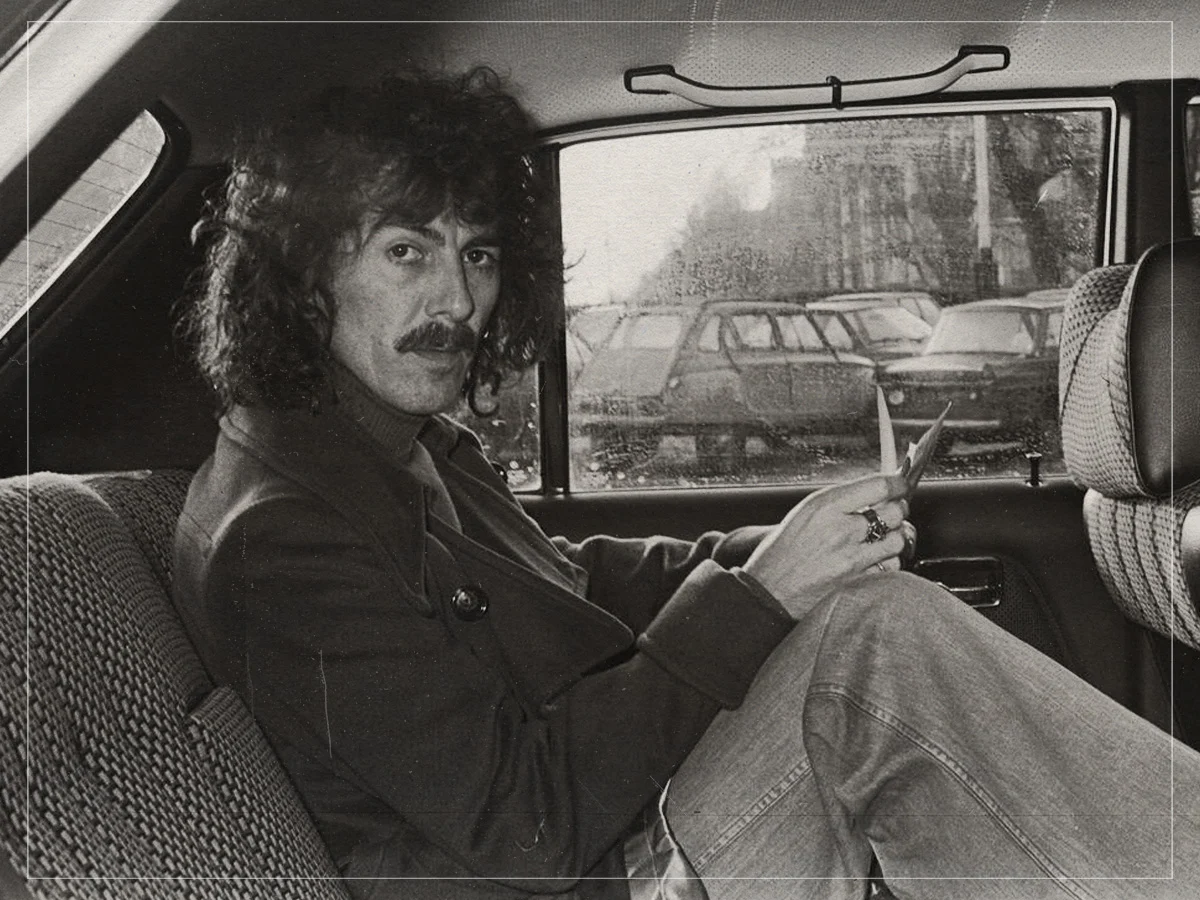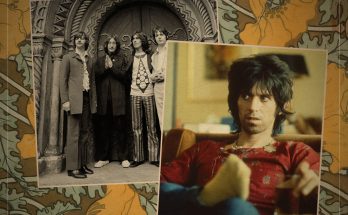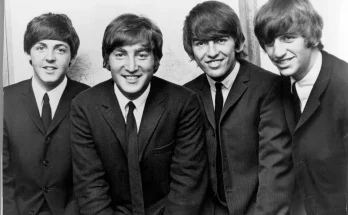Every group of musicians has their own sense of musical telepathy. It’s never easy trying to find people who you can relate to that quickly, but when there’s that magic lineup of people that manage to communicate more with one look than most people can over two hours, it’s unlike anything else in music. And while The Beatles are the perfect example of using that musical telepathy correctly, George Harrison wasn’t always the best person to communicate his ideas when he flew solo.
Then again, is that really that surprising? He was called ‘The Quiet Beatle’ for a reason, and whenever he was working on one of his songs, it was always an uphill battle trying to get the right sound he heard in his head, to the point where he had to bring in other people to make sure that the rest of the band were on good behaviour when making tunes like ‘While My Guitar Gently Weeps’.
So when he went solo, this should have been the moment where he finally took charge. He has more than enough great material in the tank to make a fantastic double record, but if he wanted to make it right, he wanted to make sure he had the best musicians he could think of. After all, he always had that bandmate mentality whenever he played, so if people like Billy Preston and Eric Clapton weren’t busy, why not give them some time on the album?
At the same time, All Things Must Pass has almost too many legends on it for its own good. Some of that Phil Spector – ‘Wall of Sound’ production makes the album feel like a symphonic piece at times, but even when Phil Collins turned up to add a few percussion hits to the tunes, it’s almost impossible to make out what he brought to the table behind the scenes.
But that’s probably because Harrison didn’t know exactly what he wanted on certain tunes. He was new to calling the shots, but he also favoured the art of experimenting, and while that can be fun when making something avant-garde, Stephen Stills admitted that he was frustrated beyond belief when he walked into the studio to lay down a few guitar parts for the album.
Stills could already play nearly anything with strings on it, but when he started playing off Harrison in the rehearsal room, he thought the track he was working on made absolutely no sense, saying, “George was friendly at first… and then we played together. I’ll never forget it. We had a session with Ringo, and George would start a solo as the playback was going by, and then make a mistake and start over again, which drove me absolutely out of my mind. I finally had to put my guitar down and say: ‘When you’re done…’ I just had to let it go. So I just waited, and when he was done, I went and did my bit. I played something neat.”
Stills may have been used to a cleaner production, but the whole appeal of All Things Must Pass was about being a little bit scattershot. There was no way that everyone was going to find what they wanted across a triple album of material, but there are pieces of Harrison’s sound across every song on the record that someone could like, whether that’s the heaviness of ‘Let It Down’, the balladry of ‘Isn’t It A Pity’, of the country-infused melody of ‘Behind That Locked Door’.
It’s easy to claim that Stills wasn’t on the same musical wavelength as Harrison in some respects, but there was never any bad blood between them after the sessions, either. Sometimes artists don’t gel like they should whenever they’re in the studio, but despite having different approaches, Stills knew that both he and Harrison could make beautiful music independently from each other as well.



